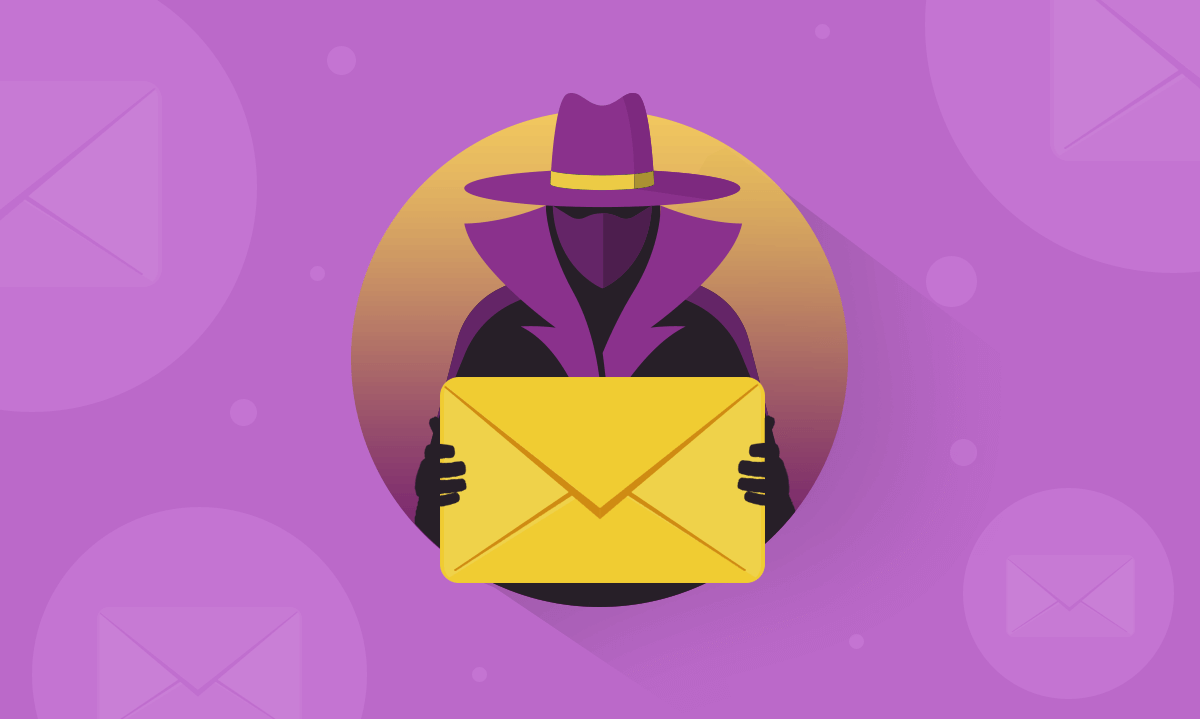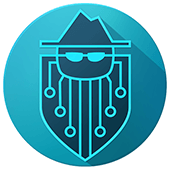Your Guide To Anonymous Email
👂 This post is available as a voice article on the Tenta podcast. Tune in for our round up of Tenta updates, technology, and privacy issues around the world.
Despite the attempts of numerous startups to eliminate it, email is very much still part of our daily lives. And because it's so much of our lives - both personal and professional - it's also vulnerable to attack from thieves. Luckily, there's an option for protecting against email attacks: Anonymous email.
Anonymous email is, simply, an email address that can't be traced back to you. Most of us have email addresses that are linked directly to our personal information, making it easier for thieves to trace them - and then use them against us. But with anonymous email, that's not an option.
What types of anonymous email are there?
Anonymous email can take a few different forms. In some cases, emails sent through a proxy server are anonymous. That's because proxies conceal the user's real location and some also strip identifying data.
Another form of anonymous email is one that doesn't contain any of your personal information. That means nothing - not your name, birthday, location, nothing. And, finally, some people choose to enter fake contact information when they sign up, thereby making that email address anonymous.
What kinds of attacks do anonymous email protect against?
Thieves often utilize email addresses in order to either gain access to victims' devices or to extract personal information from them. Some attacks that anonymous email protects against include:
- Phishing: Phishing is when cyber criminals utilize information about a person to trick them into handing over personal information - like passwords or social security numbers or bank login info - or to get them to download malware via infected files.
- Ransomware: Ransomware is when a cyber criminal takes over your device - usually a computer - and then denies you access to it until you pay the ransom. The original ransomware attacks came through email, with links that would download malware to the computer and then take it hostage.
- Viruses: Viruses are infected files that, once downloaded to a device, give cyber criminals access to a person's computer or personal information. They're often sent in emails, either disguised as something else or as an appealing link.
How do I set up anonymous email?
For the budget conscious, the best option is to simply sign up for an email address with a common email provider and make sure that all of the personal information you input is fake. Then, when you're sending emails, send them through a proxy server. The double blind of fake information and the proxy should be enough security for most.
However, although Tenta Browser doesn't track you, most other browsers do - and that information could be used to determine who an email was sent from. Additionally, most free email services require you to verify your email with your phone number. So for people who want a little more security, it's a good idea to pay for an anonymous email service.
Anonymous email services cost between $25 and $100 per year. They ask for very little personal information and also include features like end-to-end encryption, a hidden IP address, automated email deletion or expiration, and protection for your password. There's a huge range of options, with a variety of features and price points, so your best bet if you're looking to set up anonymous email is to do a little personal research. It's ultimately up to you how much your privacy and security are worth.
Share this postInstall Tenta Browser Free!
Start protecting your online privacy today with Tenta Browser.



